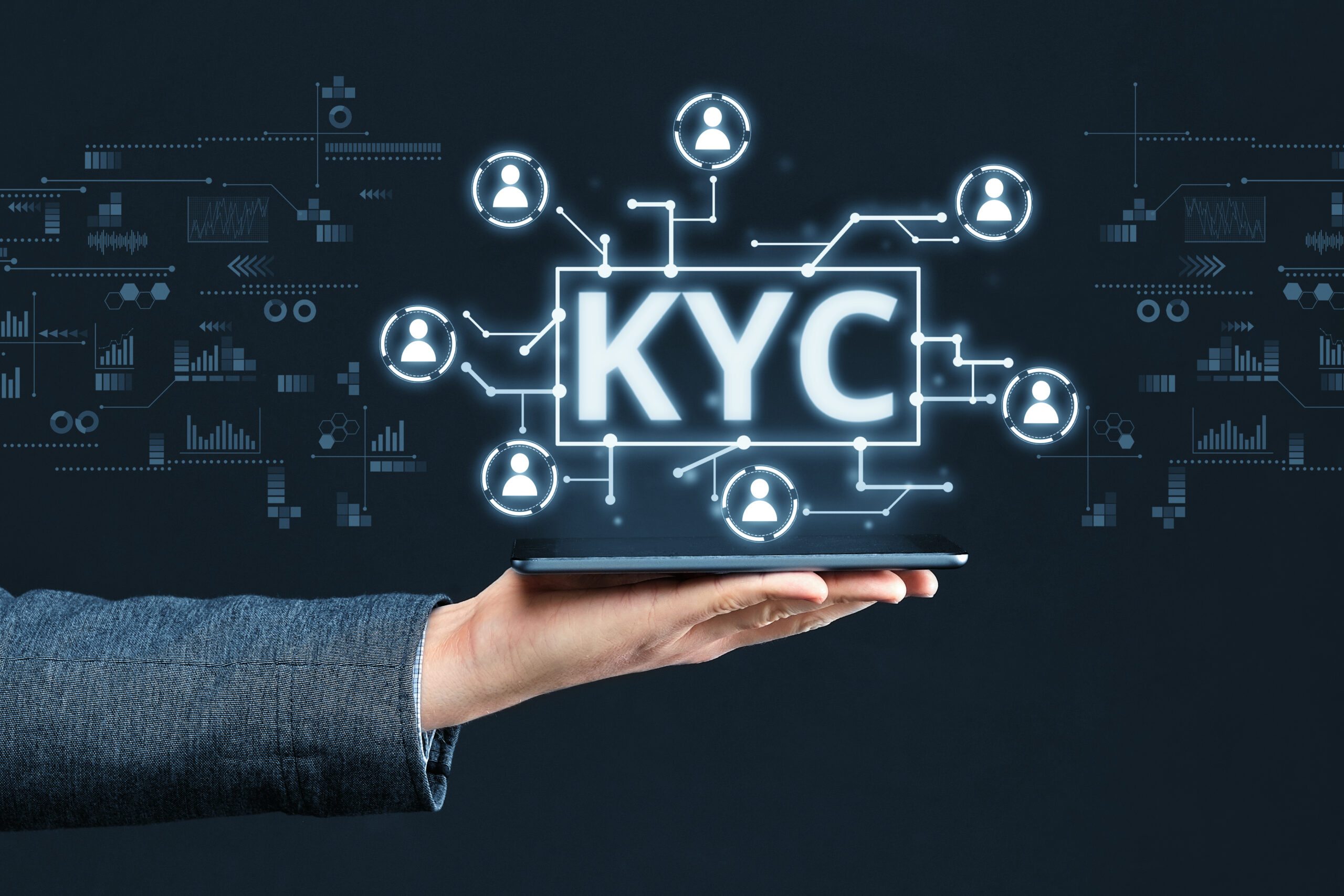Know your customer (KYC) procedures are more than just a best practice. They are a legal requirement and a frontline defense against financial crime. As part of a broader anti money laundering (AML) strategy, KYC helps organizations identify, verify, and understand their clients to prevent fraud, corruption, and illicit financial activity.
Whether you’re in finance, fintech, real estate, or any industry handling monetary transactions, implementing robust know your customer protocols is essential to protecting your business and meeting regulatory compliance standards.
What Is Know Your Customer (KYC)?
Know your customer refers to the process of verifying the identity of your clients, assessing their risk profile, and continuously monitoring their financial activities. It’s a cornerstone of AML compliance and is required by laws such as the Bank Secrecy Act (BSA), the USA PATRIOT Act, and global frameworks from the Financial Action Task Force (FATF).
At its core, KYC helps businesses answer three critical questions:
- Who is the customer?
- What is their expected activity?
- Are they engaging in behavior that suggests money laundering or other financial crimes?
Key Elements of a Strong KYC Program
A comprehensive know your customer framework typically includes the following components:
1. Customer Identification Program (CIP)
Businesses must collect and verify identifying information such as name, address, date of birth, and official documents (e.g., passport or driver’s license). This step is essential for identity verification and helps prevent fraudulent accounts.
2. Customer Due Diligence (CDD)
CDD goes beyond verifying identity—it involves evaluating the customer’s background, financial behavior, and purpose of the relationship. For higher-risk clients, enhanced due diligence (EDD) may be required.
3. Ongoing Monitoring
KYC is not a one-time task. Continuous transaction monitoring ensures that customer behavior aligns with their risk profile. Unusual or suspicious patterns may require escalation or a suspicious activity report (SAR).
4. Risk Assessment
Customers should be classified based on risk factors such as industry, geographic location, transaction volume, and source of funds. A tailored risk assessment process helps prioritize oversight and compliance efforts.
Why KYC Matters for AML and Financial Compliance
Effective know your customer procedures enable organizations to:
- Prevent money laundering and terrorist financing
- Comply with local and global AML regulations
- Detect fraud early
- Reduce reputational risk
- Build trust with stakeholders and regulators
Failing to implement proper KYC controls can result in severe penalties, regulatory action, and long-term damage to your brand. In recent years, regulatory bodies have imposed billions of dollars in fines for KYC and AML failures—many of which were preventable with better training and internal controls.
KYC and Organizational Culture
A strong KYC program doesn’t operate in isolation—it’s part of a broader culture of compliance, ethics, and accountability. That’s where employee training and behavior-based compliance analytics come in.
At Emtrain, we help organizations embed these values into daily operations. With our learning platform, companies can:
- Train employees on AML and KYC obligations
- Measure awareness and understanding through diagnostics
- Track and analyze risk-related behaviors
- Encourage real-time decision support and ethical conduct
How Emtrain Can Help
Emtrain offers expert-designed training and analytics tools that support know your customer best practices. Our platform helps your team:
- Recognize KYC red flags
- Navigate complex client interactions
- Maintain compliance with evolving regulations
- Build a workplace culture centered on integrity and trust
Know your customer is not just a checkbox for compliance. It’s a commitment to transparency, security, and ethical business practices. By investing in the right training and tools, your organization can stay ahead of evolving regulations, protect against financial crime, and foster a responsible workplace culture.








